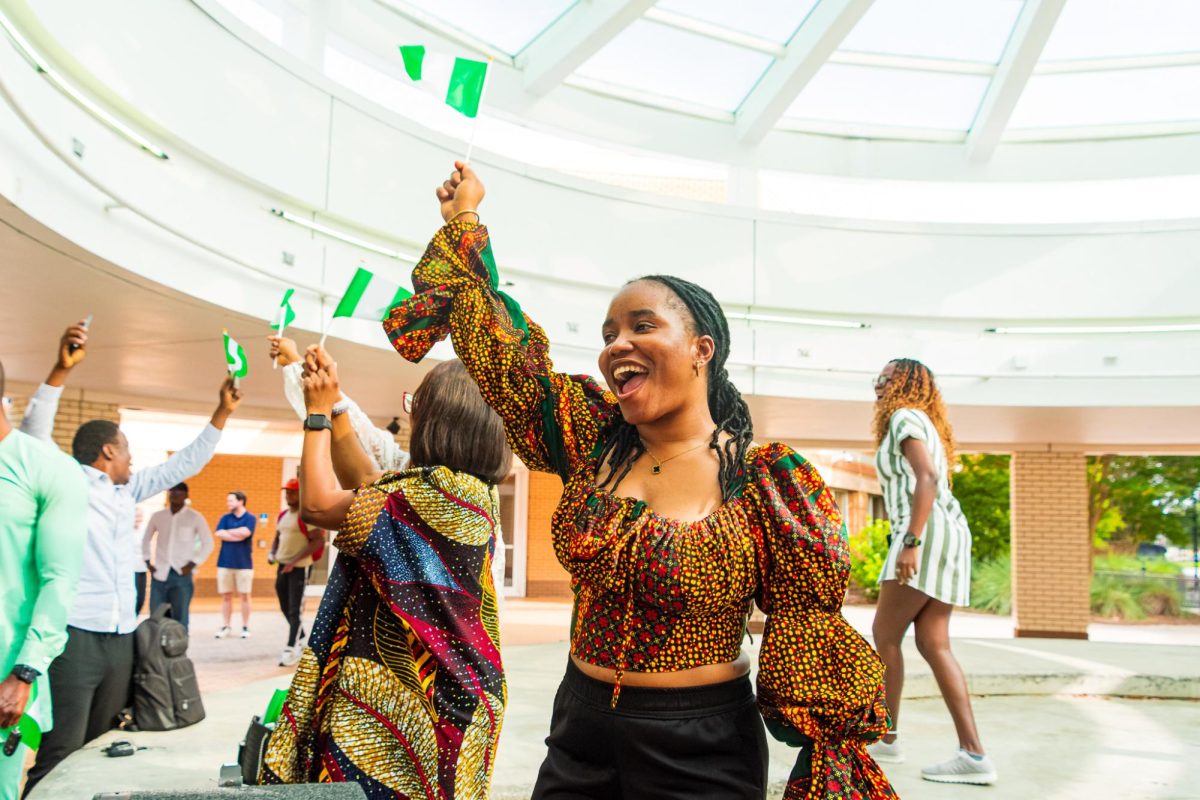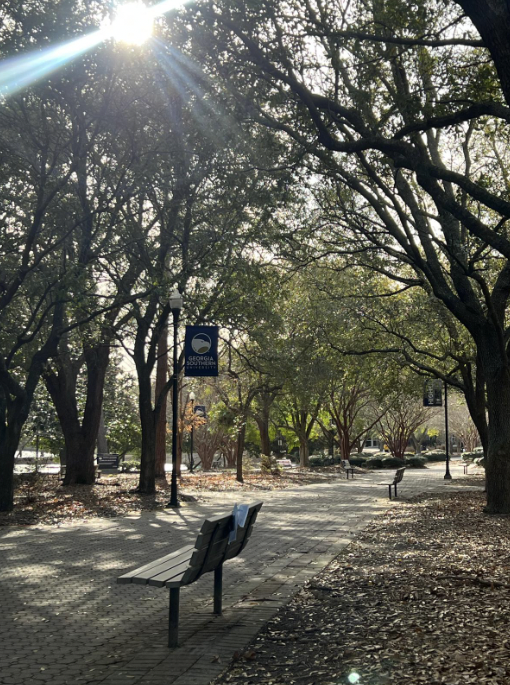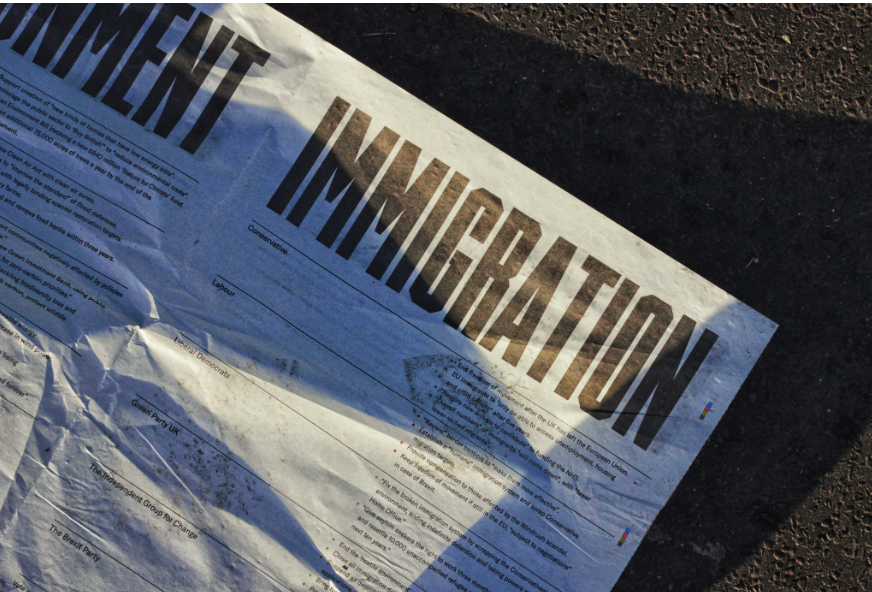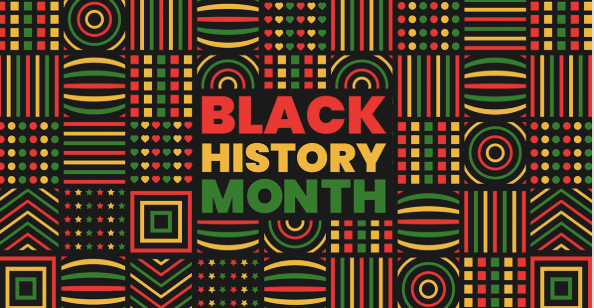Independence Day in Nigeria is a public holiday, celebrated with parades, cultural events, and festivals across the country. It is an occasion for reflection on the country’s history and a reminder of the ongoing journey towards a united, prosperous, and democratic Nigeria.
- Nigeria’s Independence Day is celebrated on October 1 each year to commemorate the country’s independence from British colonial rule.
- On October 2 in 196o, Nigeria gained full sovereignty and became a self-governing nation within the British Commonwealth.
- The struggle for independence was marked by various movements and leaders advocating for self-discrimination.
About Nigeria
- Nigeria is located in the region of West Africa.
- Nigeria has over 225 million inhabitants and is the sixth most populous country in the world.
- Nigeria is incredibly diverse, with over 250 ethnic groups and more than 500 languages spoken.
- Nigeria is a major oil-producing country in Africa with one of the largest economies in Africa, driven by oil exports and agriculture.
- Nigeria has a young population, with a significant percentage of its citizens are below the age of 30.
- Nigeria is religiously diverse, with two major religions being Islam and Christianity.









